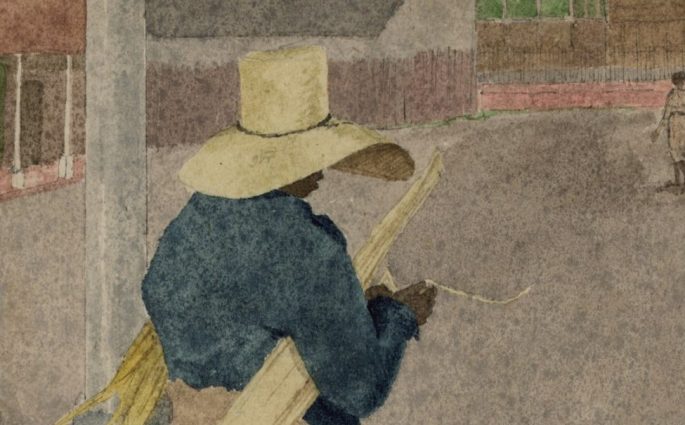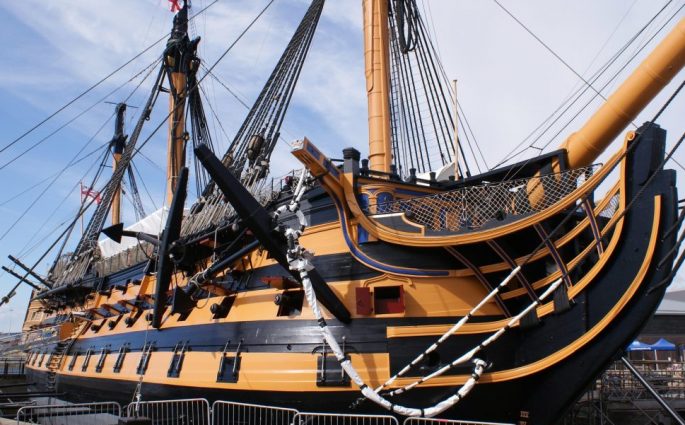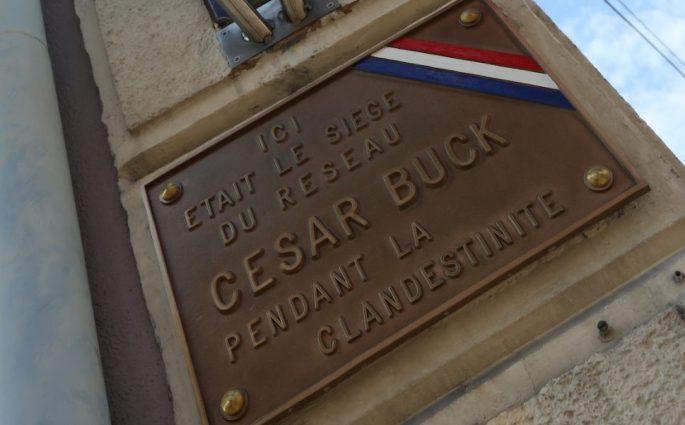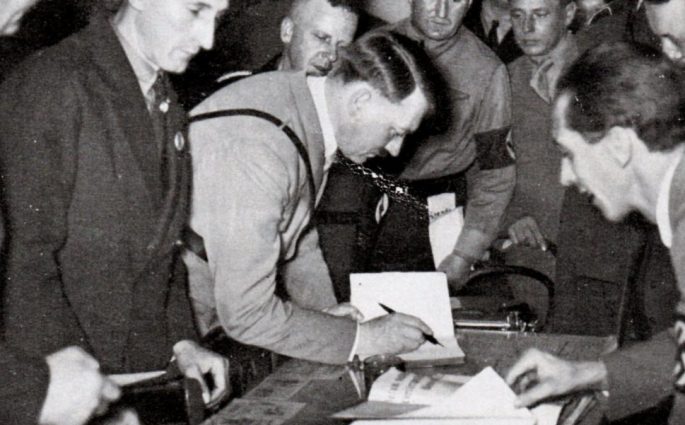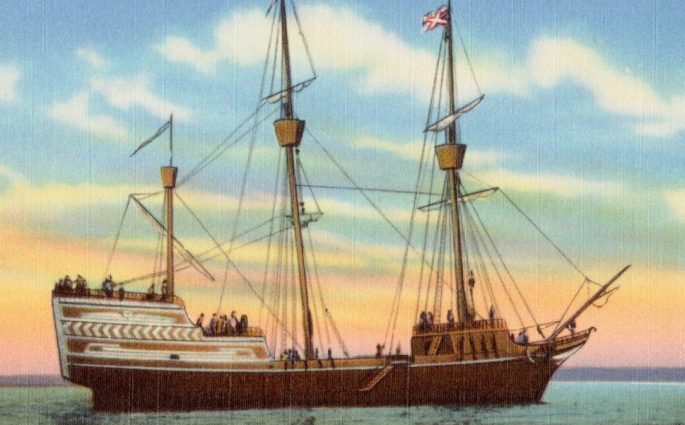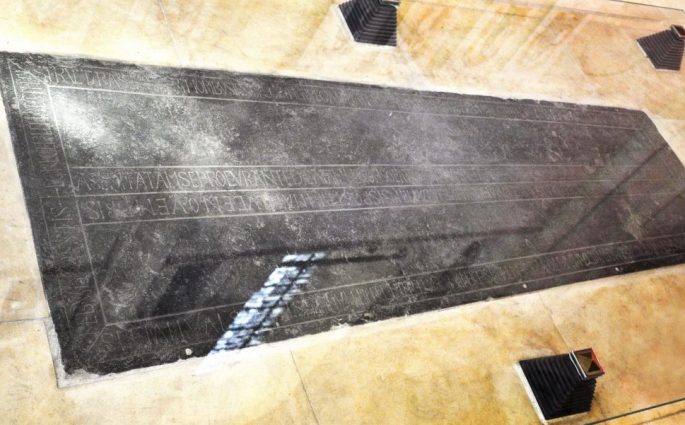Jewish Life during the Interwar Period
Todd M. Endelman and Zvi Gitelman— The new states that emerged in Europe and the Middle East from the collapsed German, Austro-Hungarian, Russian, and Ottoman empires were insecure, fearing their neighbors and their demands to change the borders created by the treaties ending World War I. They were suspicious of


